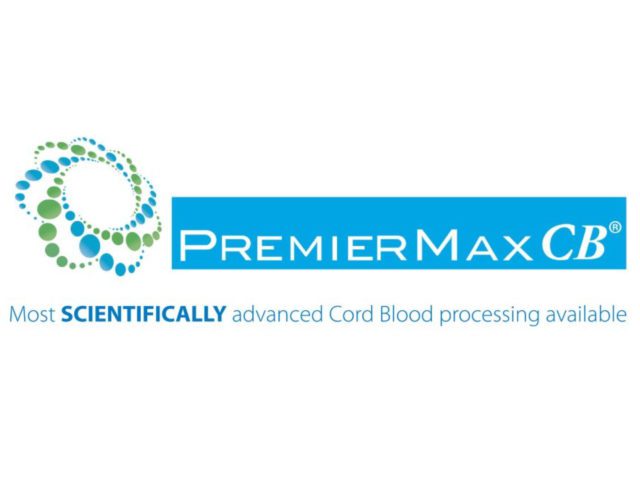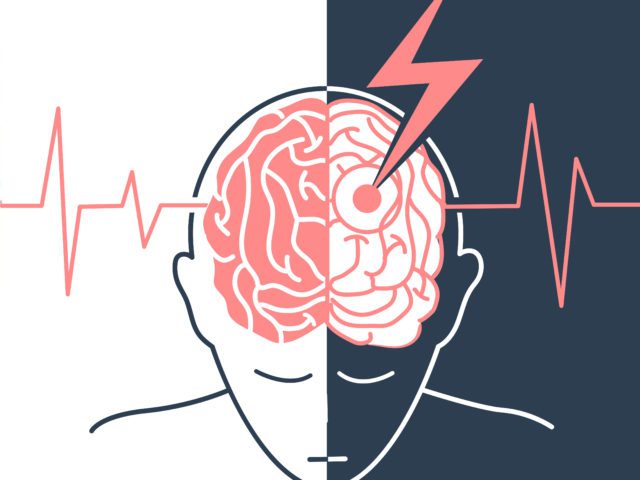Healthcare Professionals
OUR HOSPITAL PROGRAM
We partner with hospitals to ensure that every family has the opportunity to store stem cells from their newborn’s umbilical cord blood.
Our Partner Hospitals help educate expectant parents about their cord blood options to donate, privately bank, or discard their newborn’s cord blood. They perform the cord blood collection immediately after delivery, and leave the rest to Cord for Life®.
Learn more about how our hospital program is helping to build the public inventory of cord blood through awareness, education, and access.
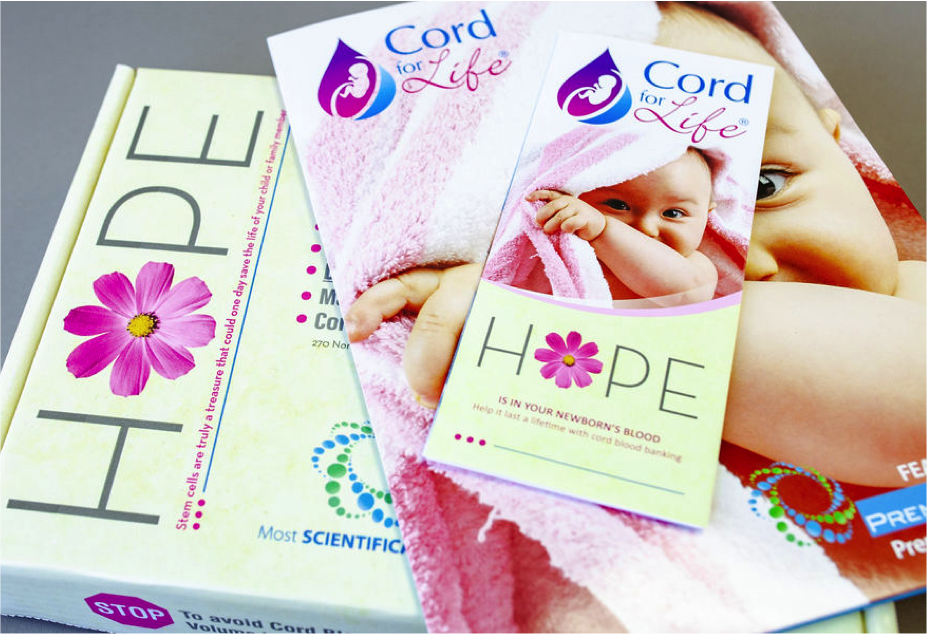

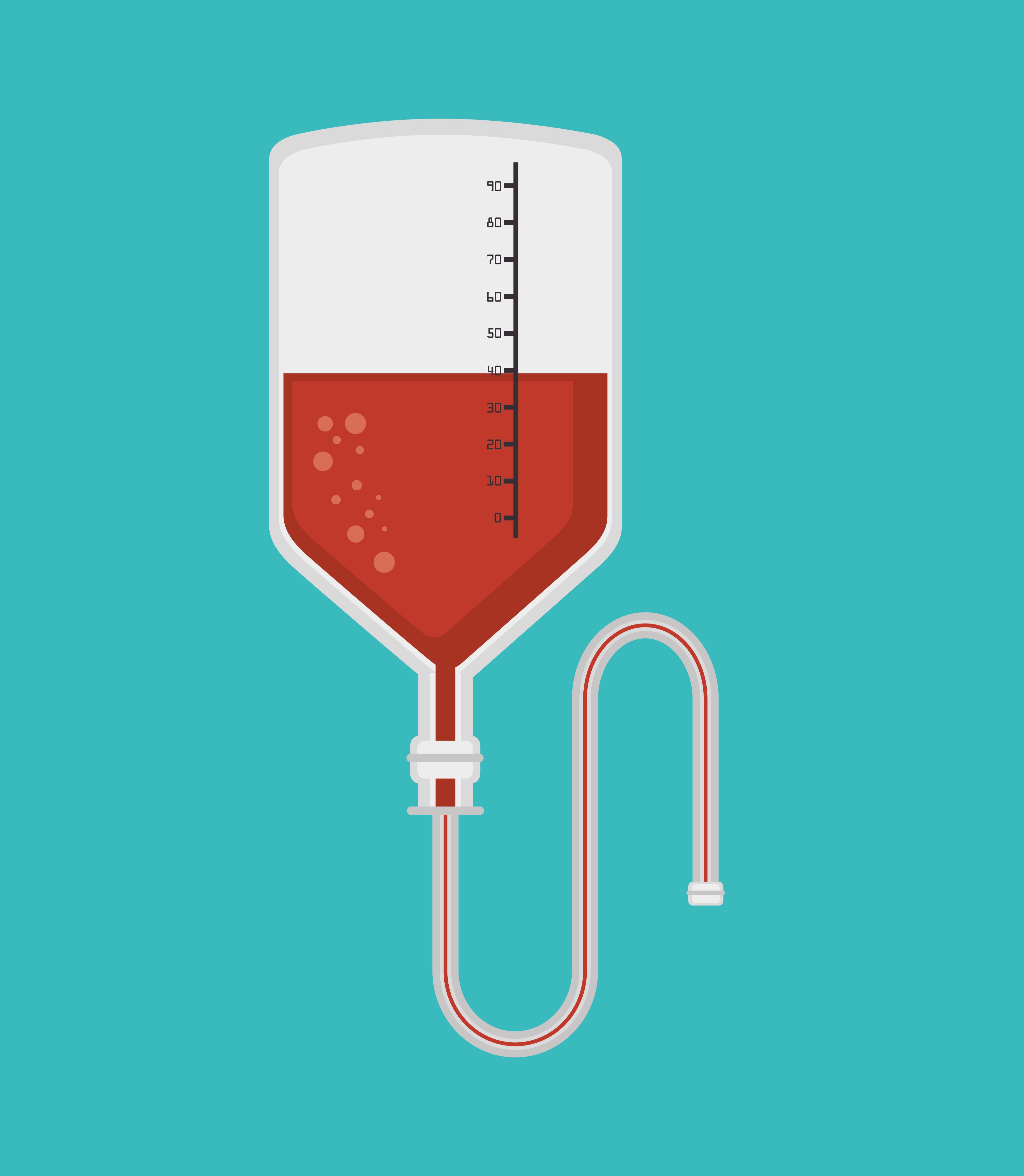

ONLINE COLLECTION TRAINING
Cord blood collectors play a critical role in determining the transplant potential of each unit. The quantity of stem cells contained in cord blood is unpredictable and current protocols rely on the total volume collected as the first key to obtaining a transfusable stem cell unit.
Since cord blood stem cells do not regenerate, there is only a limited amount available for future use. The best results for patients begins in the delivery room – the more cord blood collected, the more stem cells can be recovered and stored.
We provide complete instructions for cord blood collections, including maternal blood draw requirements, vaginal, C-section, and ex-utero deliveries, and contact information for kit pick-up.
REQUEST EDUCATIONAL MATERIALS
Cord for Life® is dedicated to increasing the public’s awareness of the lifesaving treasure that is cord blood and their cord blood options. We have developed a library of complimentary educational materials for your patients.
We offer FREE brochures in English and Spanish that explain stem cells, cord blood banking, and the benefits of donating cord blood to help build a genetically diverse public inventory. We also offer a brochure that explains the choices for cord blood banking – donate, privately bank, or discard, the collection process, and the approved uses for cord blood.
You can select individual items that best suit your needs or you choose our Cord Blood Awareness Packets that contain both educational and enrollment information.


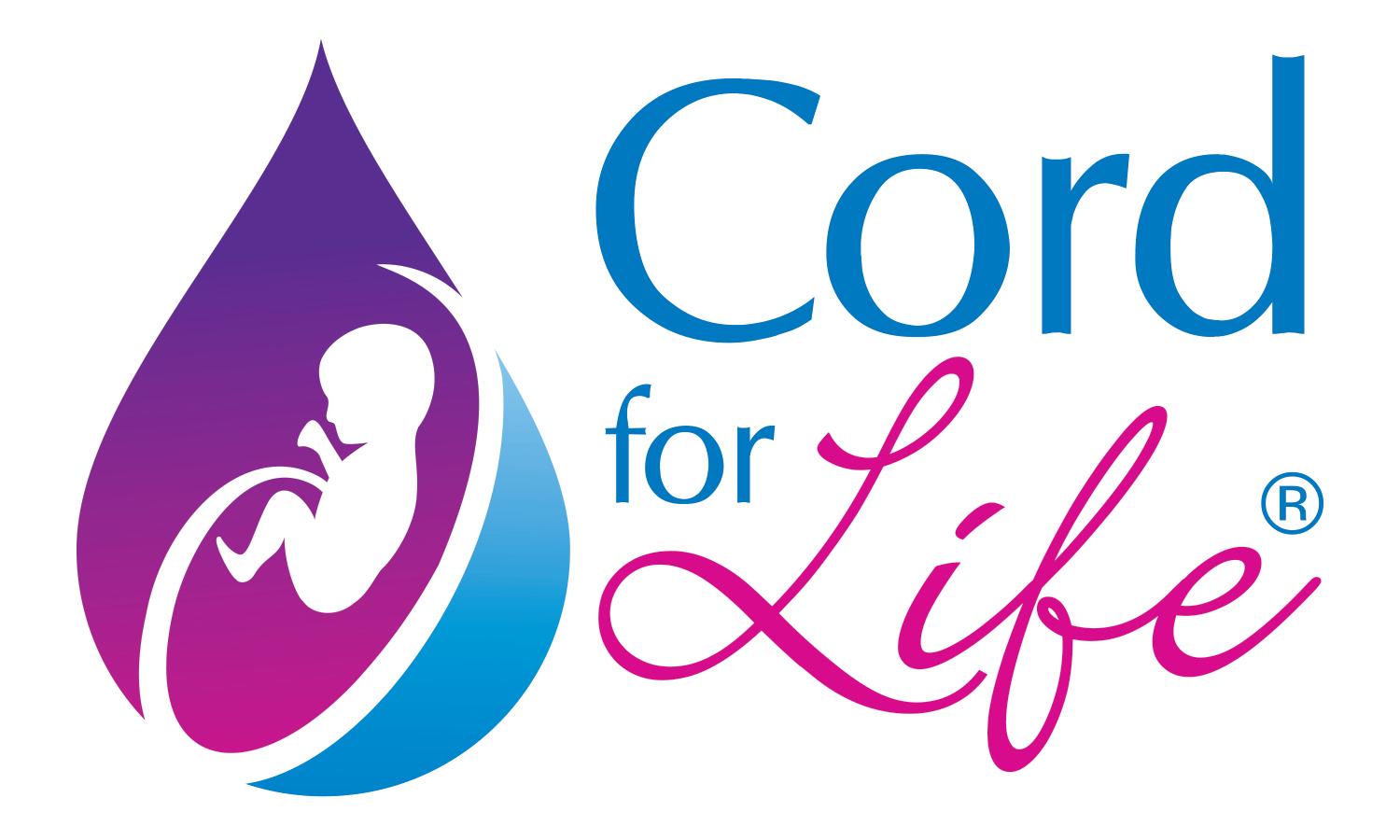

SCIENTIFIC PUBLICATIONS
Cord for Life® conducts scientific research to help determine the best collection, processing, and storage methods for cord blood units. Our goal is to ensure the best results for patients in need of a transplant.
We publish our findings to help improve the science of cord blood banking and the opportunities for families in need.
We publish our findings to help improve the science of cord blood banking and the opportunities for families in need.
LATEST ARTICLES
What is a 5-compartment cord blood freezer bag? Historically, cord blood was stored in a cryo-bag with only one or two chambers. Using a one chamber bag requires all of the stored product to be used at one time. A two-chamber bag typically has 80% in one section and 20% in the other section and […]
Cord for Life® ANNOUNCES CORD BLOOD CLINICAL TRIAL Phase I Trial for the Treatment of lower back pain of the Sacroiliac Joint ALTAMONTE SPRINGS, FL (October 29, 2021) Cord for Life®, a full-service cord blood bank with over 25 years of experience, today announced plans to conduct a clinical trial to treat lower back pain arising from the Sacroiliac Joint (SIJ) using a biological therapeutic derived from umbilical cord blood. The company has received […]
The results of a Phase I study published in Stem Cell Translational Medicine suggest that it is safe and feasible to infuse stem cells from banked umbilical cord blood into adults following an acute ischemic stroke. This research paves the way for additional studies into the efficacy of umbilical cord blood in treating stroke patients. […]

































